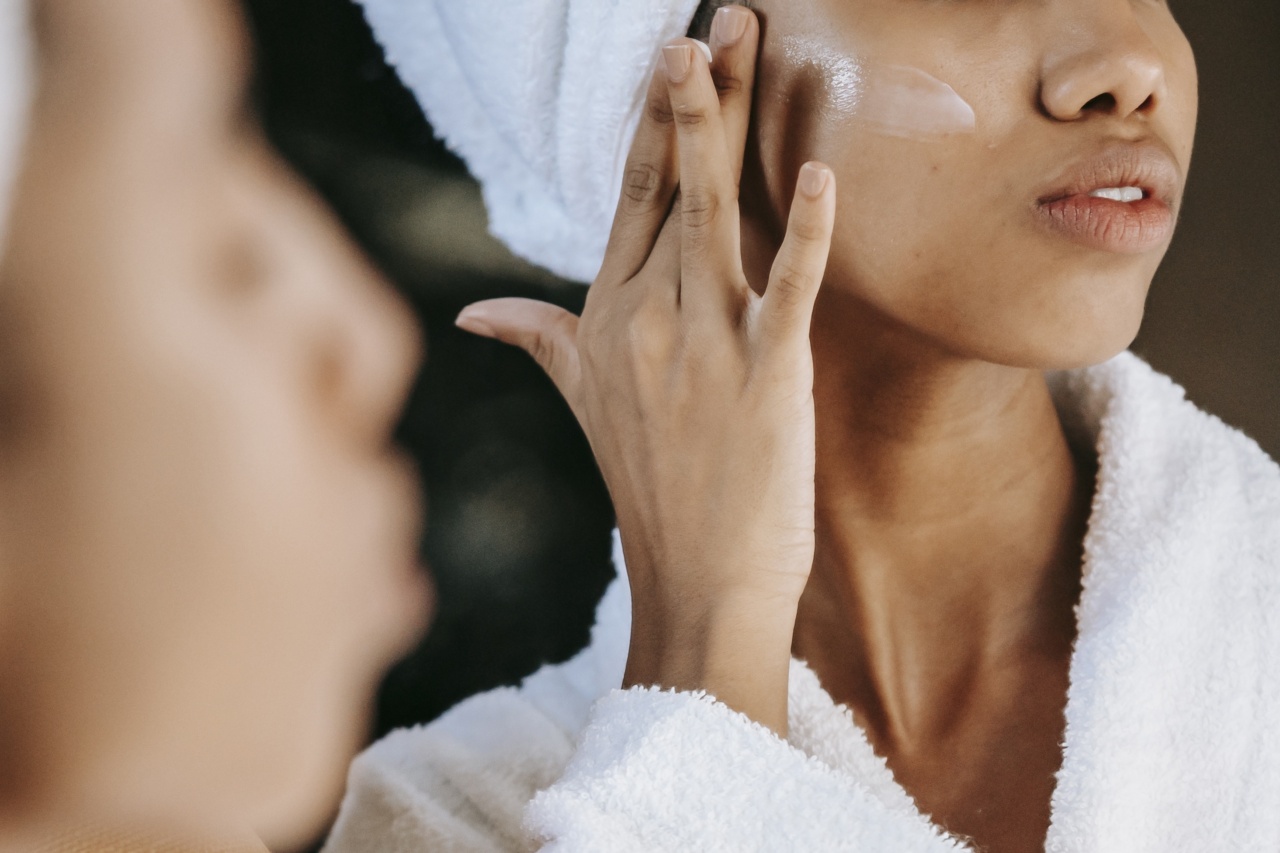Moisturizers are an essential part of any skincare routine. They help to hydrate and nourish the skin, keeping it healthy and radiant. With so many options available in the market, choosing the right moisturizer for your skin can be overwhelming.
In this ultimate guide, we will take you through everything you need to know to pick the best moisturizer for your skin type and address common concerns.
Understanding Your Skin Type
The first step in finding the perfect moisturizer is understanding your skin type. There are generally five skin types: normal, dry, oily, combination, and sensitive.
Normal Skin
Normal skin is well-balanced with a healthy texture and no major concerns. It’s neither too oily nor too dry, and it rarely experiences breakouts.
People with normal skin can choose from a wide range of moisturizers depending on their personal preferences.
Dry Skin
Dry skin lacks natural moisture and can often feel tight and uncomfortable. Look for moisturizers that contain ingredients like hyaluronic acid, glycerin, or ceramides, which help to retain moisture in the skin.
Opt for rich, creamy formulations that provide intense hydration.
Oily Skin
Oily skin tends to produce excess sebum, resulting in a shiny and greasy appearance. It is prone to acne and breakouts. Look for lightweight, oil-free moisturizers that are non-comedogenic, meaning they won’t clog your pores.
Ingredients like salicylic acid or tea tree oil can help control excess oil production.
Combination Skin
Combination skin is a mix of both oily and dry areas. The T-zone (forehead, nose, and chin) tends to be oily, while the cheeks are generally dry.
Opt for moisturizers that are oil-free and water-based, which will hydrate the dry areas without causing excessive oiliness in the T-zone.
Sensitive Skin
Sensitive skin is easily irritated and prone to redness, itching, or other allergic reactions. Look for moisturizers that are fragrance-free, hypoallergenic, and free from irritating ingredients like sulfates or dyes.
Stick to gentle, soothing formulations that are specifically designed for sensitive skin.
Consider Your Skin Concerns
In addition to your skin type, it is important to consider any specific skin concerns you may have when choosing a moisturizer. Here are some common concerns and the ingredients that can help address them:.
Fine Lines and Wrinkles
If you’re concerned about the signs of aging, look for moisturizers that contain ingredients like retinol, peptides, or antioxidants. These ingredients help to stimulate collagen production and reduce the appearance of fine lines and wrinkles.
Acne-Prone Skin
If you struggle with acne, opt for moisturizers that are labeled non-comedogenic, meaning they won’t clog your pores.
Look for ingredients like salicylic acid, benzoyl peroxide, or tea tree oil, which can help clear breakouts and control oil production.
Hyperpigmentation
Hyperpigmentation refers to dark spots or patches on the skin. Look for moisturizers that contain ingredients like vitamin C, niacinamide, or licorice extract, which help to brighten the skin and fade the appearance of hyperpigmentation.
Sun Protection
While a moisturizer alone is not enough to provide sufficient sun protection, it is beneficial to choose one that contains SPF. Look for moisturizers with broad-spectrum SPF to protect your skin from harmful UV rays.
Choosing the Right Formulation
Moisturizers come in various forms, such as creams, lotions, gels, or oils. Here’s a breakdown of each formulation:.
Creams
Creams are rich and thick formulations that are best suited for dry or mature skin. They provide deep hydration and create a protective barrier to prevent moisture loss.
Lotions
Lotions are lighter in texture compared to creams and are suitable for normal or combination skin. They provide hydration without feeling heavy or greasy.
Gels
Gels have a lightweight and water-based consistency, making them ideal for oily or acne-prone skin. They absorb quickly into the skin and leave a non-sticky finish.
Oils
Oils are great for dry or sensitive skin as they provide intense nourishment and help to lock in moisture. They can also be used as a supplement to your regular moisturizer.
Testing and Patch Testing
It is important to test a new moisturizer before incorporating it into your routine, especially if you have sensitive or reactive skin.
Apply a small amount to your inner forearm or behind your ear and wait for 24 hours to check for any adverse reactions.
Once you have selected a moisturizer, introduce it gradually into your skincare routine and monitor how your skin responds over the course of a few weeks. If you experience any irritation or breakouts, discontinue use immediately.
Conclusion
Choosing the right moisturizer for your skin type and concerns is crucial for maintaining healthy and hydrated skin. Consider your skin type, specific concerns, and preferred formulation when selecting a moisturizer.
Remember to patch test any new products and introduce them gradually into your routine. With the right moisturizer, your skin will look and feel its best!.































